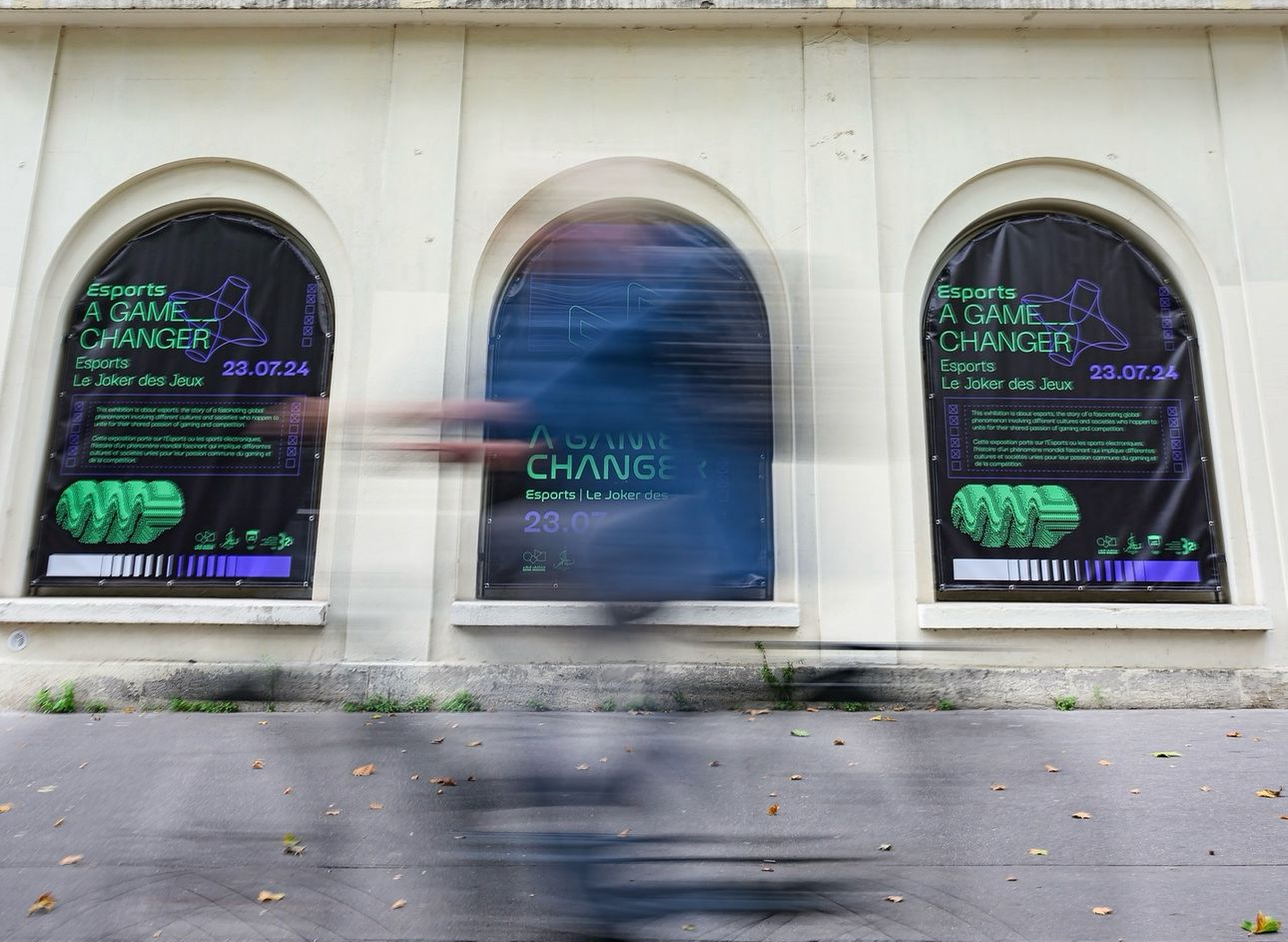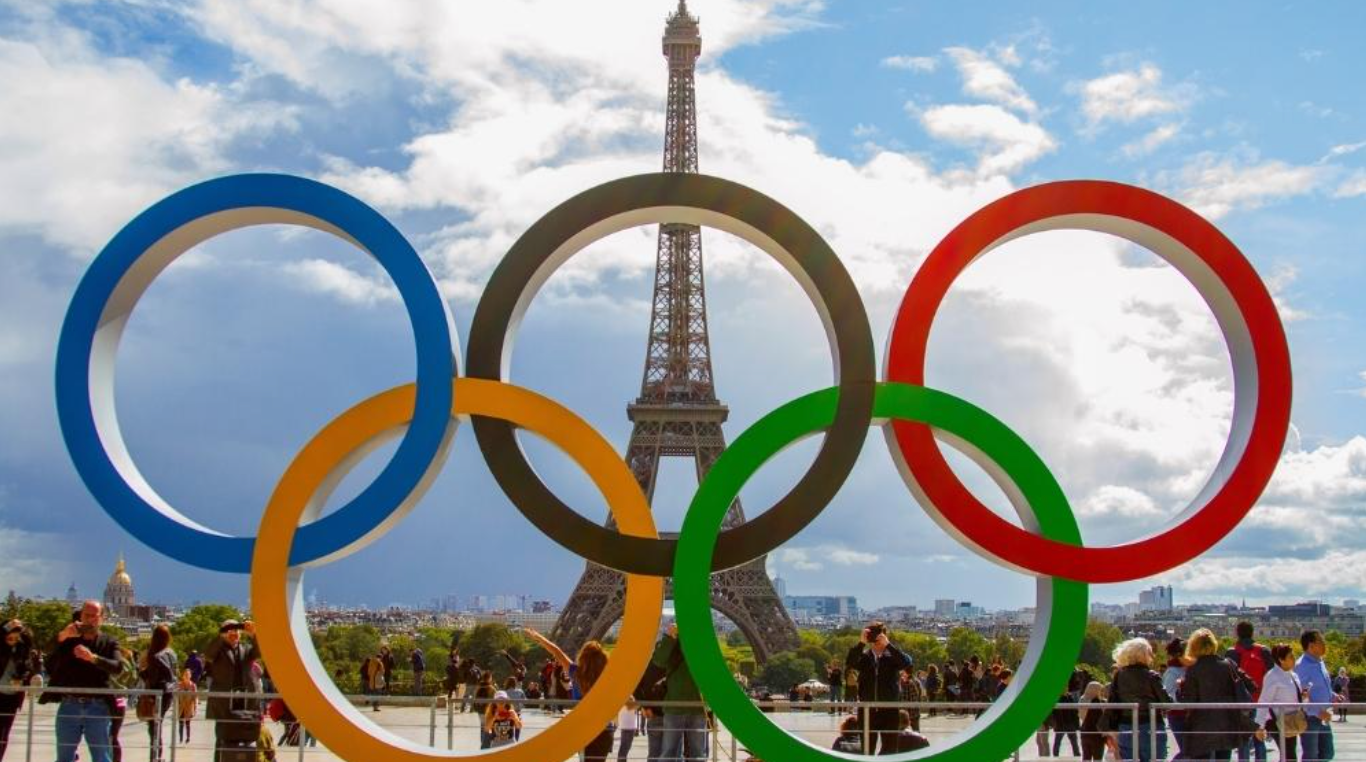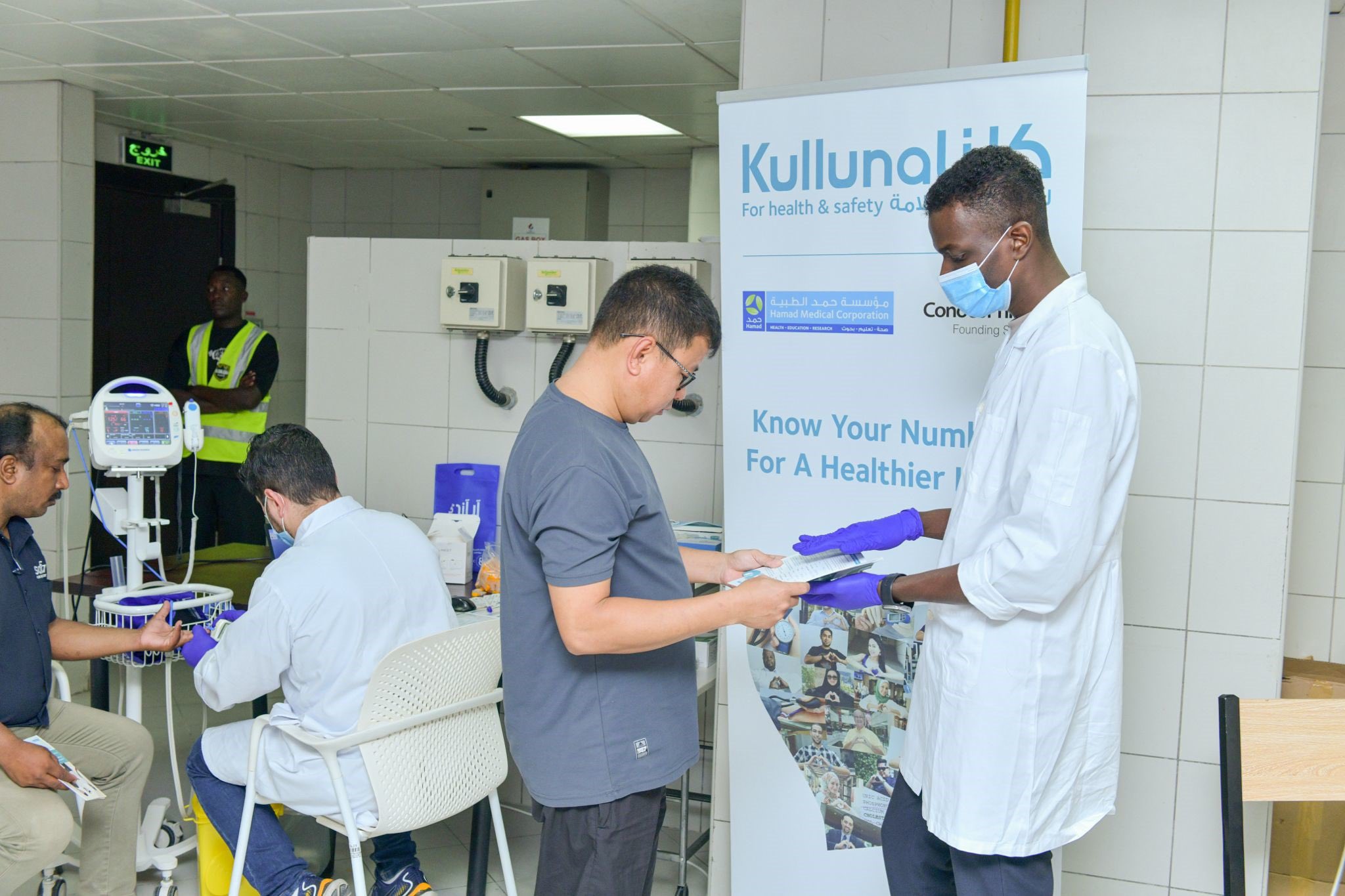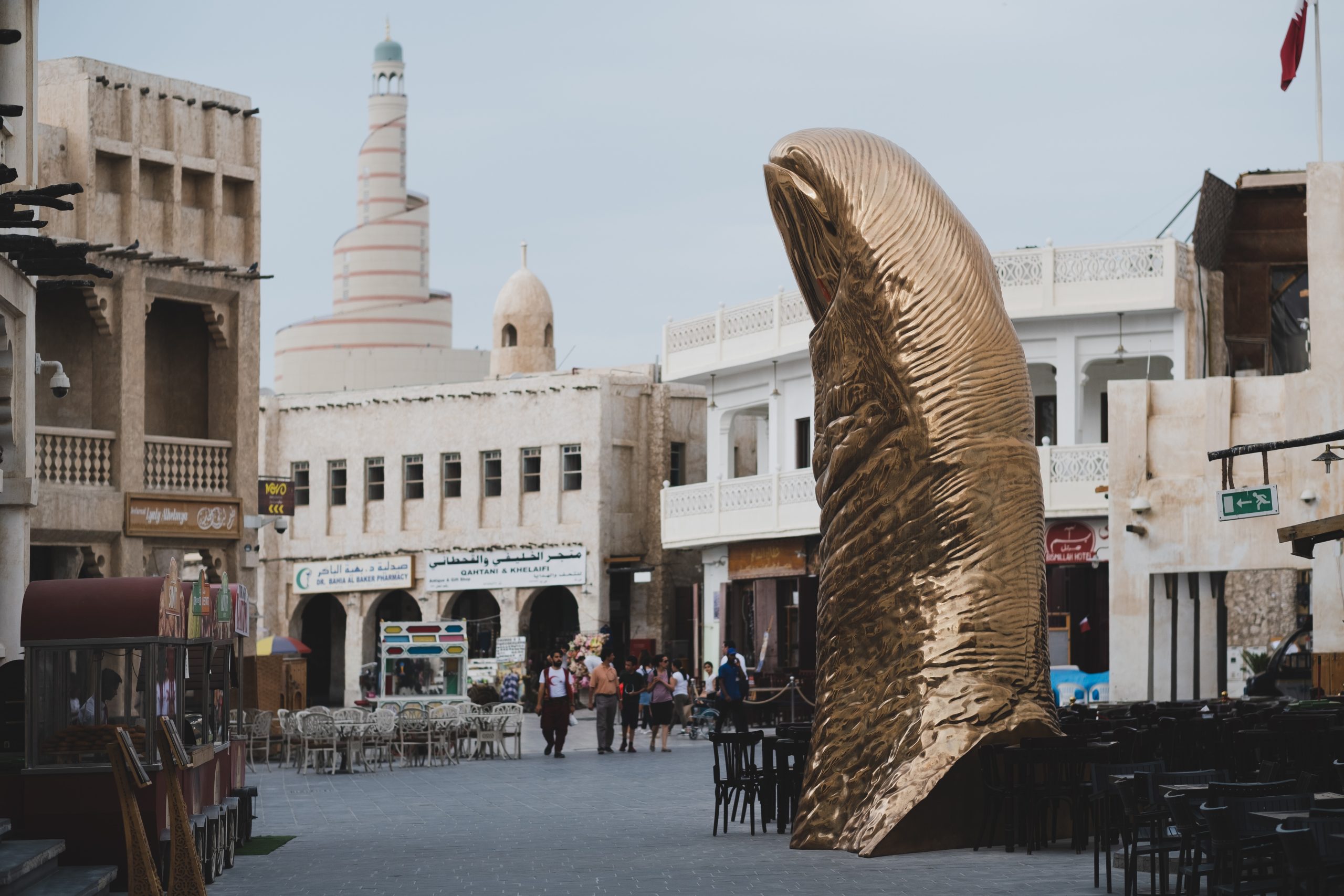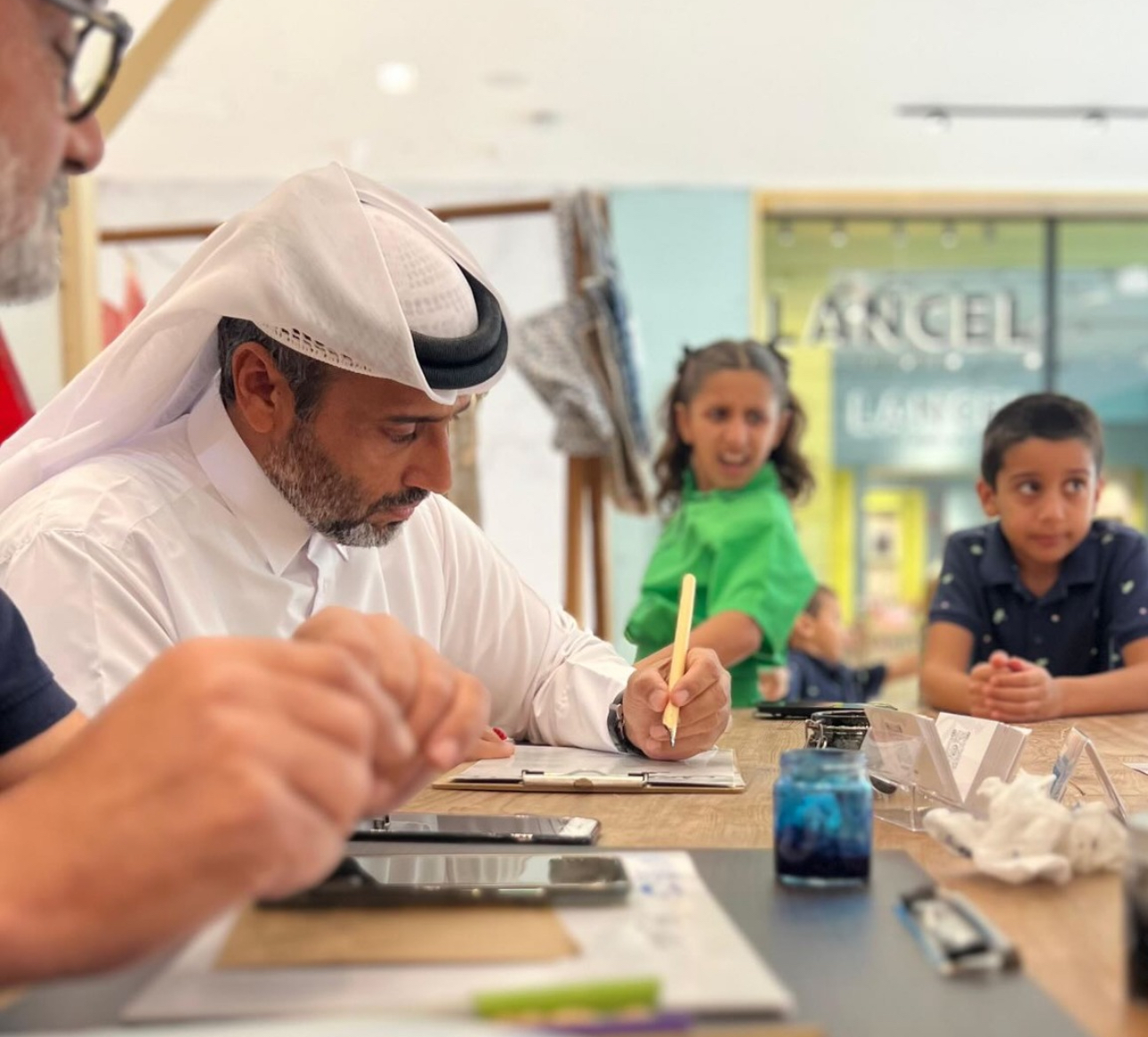
More than 20,000 Qatar residents responded to call a sign up to be organ donors this summer, following a big registration push at a dozen malls around the country.
For the first time, residents who signed up over Ramadan could receive their organ donor card on the spot. According to Hamad Medical Corp., most of the newly signed up donors hailed from South Asian countries, including:
- India (9,456);
- Bangladesh (2,935);
- Philippines (2,803);
- Nepal (2,482); and
- Sri Lanka (2,383).
More than 1,000 donors also come from Arab countries, including Qatar.
In a statement, Dr. Riadh Fadhil, director of the Qatar Organ Donation Center (Hiba) at HMC, said:
“We now have 43,000 registrations from 108 nationalities. This represents almost five percent of the eligible population of Qatar which is a great achievement for the registry that started less than two years ago.”
Reluctance
Since the inception of Hiba in 2012, HMC has struggled to sign up Qatari donors because many were concerned about whether the practice is Islamically acceptable.
In late 2012, Dr. Yousuf Al Maslamani, head of the Organ Transplant Committee at HMC, said:
“About 99 percent of the donors in Qatar are expatriates because Qataris have not yet accepted the idea of organ donation.”
Nonetheless, the donor list got a big boost that year after then-first lady Sheikha Moza bint Nasser registered as a donor.
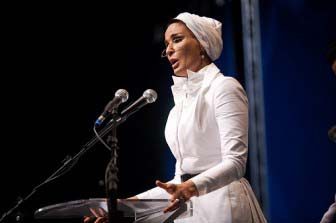
At the time, the Qatar Foundation chairperson said that her gesture, and that of other donors, was a step toward self-reliance, adding, “every single one of us must reflect seriously, as our religious duty demands, on how we can play a part in this effort.”
And according to HMC, multiple scholars have said organ donation is considered a high act of charity under Islam – provided that giving does not harm the donor, and that the organ is not sold, only donated.
Other major religions, including Christianity, Buddhism, Judaism and Hinduism, have also voiced no major objections to the practice.
Demand
This summer, Al Maslamani said that the transplant team in Qatar was struggling to keep up with the demand for organs.
Based on international figures, for a population of 2 million, he estimated that some 150 patients would be added to the renal failure list for new organs each year. He added:
“We need to do 25-30 transplants a year to achieve self-sufficiency. Currently we transplant less than one per month, so we need to double this number.”
Residents who cannot find a donor here often seek treatment abroad, which creates its own problems, healthcare officials have said.
According to the Supreme Council of Health, around 60 percent of patients who undergo such transplants abroad experience complications after returning to Qatar. Some 10 percent of those patients go back on dialysis, and another 10 percent die.
Donation perks
To make organ donation sound less daunting, Qatar set up the Doha Donation Accord this summer – an internationally renowned framework of polices and standards governing organ donation in the country.

The accord highlights some of the benefits of donating in Qatar, including:
- Organ donors and their families will receive a medal of honor from the highest authorities in Qatar;
- Living donors who give parts of their liver or a kidney will be afforded medical insurance for life, discounted tickets on Qatar Airways and compensation for loss of earnings during the period of organ donation, among other things; and
- The families of deceased organ donors will be provided a medal of honor, social care and support, free transfer of the body of the deceased to his home country, if desired, and free flights to accompany the body to his country of origin.
For more information about signing up to be an organ donor in Qatar, see HMC’s pamphlet here, which also includes a list of frequently asked questions.
For example, even if someone is a donor in their home country, the lists are not shared abroad, so they must register in Qatar to be a donor here.
Thoughts?


